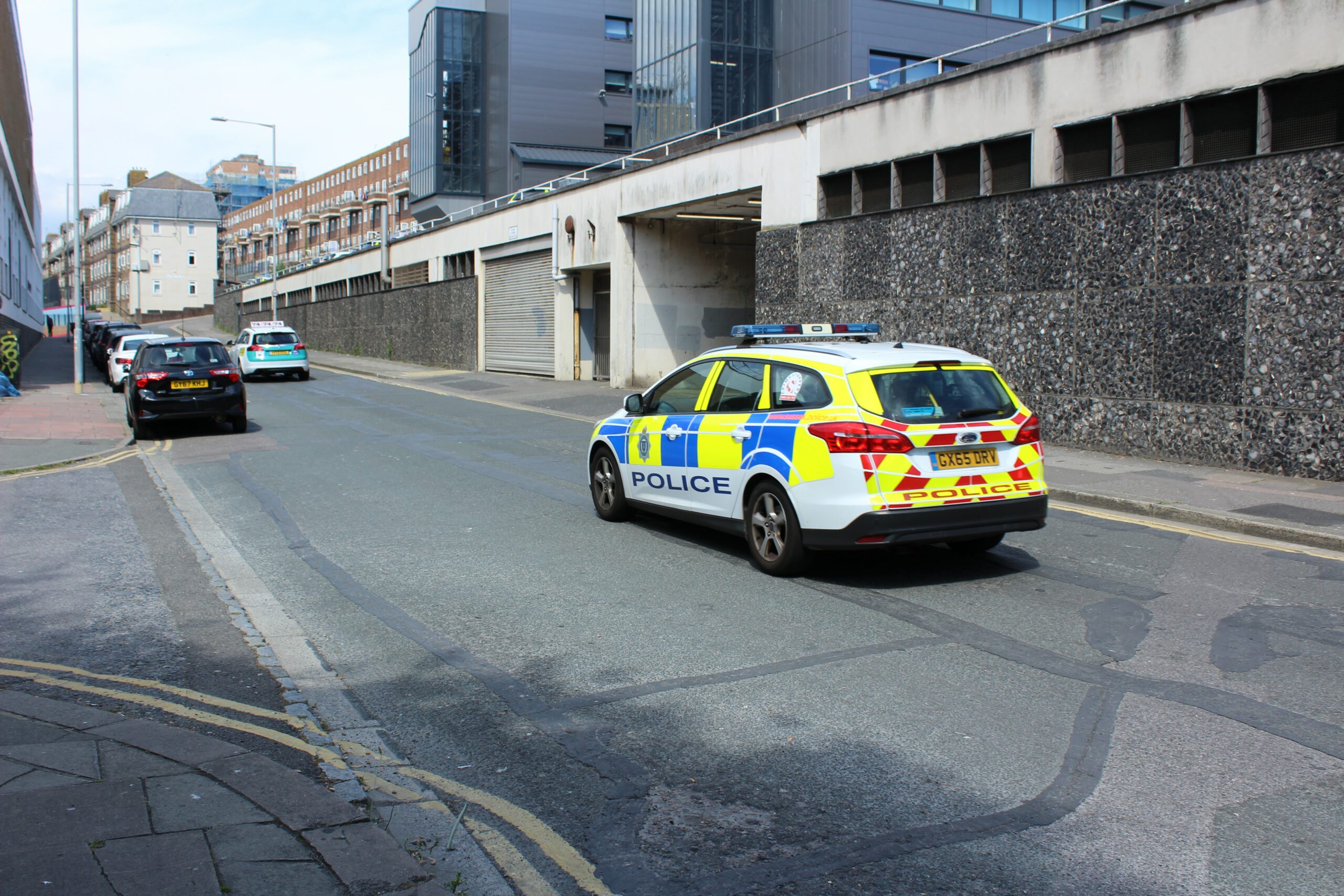
Missing People welcomes the Strategic Review of Policing’s report, published on 8 March. The report recognises that searching for and safeguarding missing children and adults should continue to be an important part of the police’s role. The police are the only agency with the skills and powers to effectively find missing people and protect them from harm.
However, the report does not identify the strong links between missing and crime. A significant proportion of missing children and adults are victims of violent crime, modern slavery and exploitation, which means that the police’s role in searching for missing children and adults also serves to prevent and reduce crime.
The review should also acknowledge that almost 1,000 missing people die each year, and this number has grown year on year for the past three years. Finding missing people can therefore be a matter of life or death.
The review rightly recognises that preventing and responding to missing incidents cannot solely be a police responsibility. Adults and children go missing linked to a wide range of societal issues such as mental health, unsuitable care placements and exploitation, that require a joined-up approach across police, local authorities, the NHS and other agencies. This is not a moment for the police to step back from safeguarding missing people, but an opportunity for other agencies to step forward and work with the police to reduce the harm linked to going missing.
We welcome the review’s recognition of the police’s crucial role in safeguarding vulnerable people, and in preventing crime and harm and agree that a new statement of mission and values for the police should include these roles.
The number of people who die while missing has been growing year on year.
In 2019-20, 955 people died while missing in the UK, compared to 711 in 2016-17 – an increase of 34% in those three years[1]. More people die while missing in the UK than from homicides (783 in 2019-202).
Suicide is the most common cause of death for missing people[2]. The police play a vital role in finding missing people and preventing many of these deaths.
Missing adults and children are at high risk of becoming a victim of crime, exploitation, modern slavery or otherwise coming to harm.
The close links between missing, violent crime, modern slavery and exploitation mean that the police’s role in searching for missing children and adults therefore also serves to prevent and reduce crime.
Missing People’s forthcoming research into the links between missing, crime and harm, surveyed adults who had been missing and found that they are at significant risk of becoming a victim of crime, including sexual assault and physical violence.
Young people going missing is often a clear sign that they are a victim of criminal and sexual exploitation. In one of Missing People’s services, over 90% of the young people we support who have been missing repeatedly are also known to be at risk of sexual or criminal exploitation.
A joint study by Missing People and ECPAT found that there are strong links between missing, modern slavery and trafficking. The study found that 27% of young trafficking victims in local authority care went missing in one year, compared to 0.5% of all young people.[3]
The need for a multi-agency response to missing people.
The reasons why people go missing, and the harm they experience while away, differs for each individual. Missing is a complex issue involving many of the social issues that the report acknowledges are increasingly common in policing today. Mental health issues, exploitation, abuse, neglect, and a whole range of other risks are linked to people going missing and are not issues that the police can deal with alone.
Over the past two years Missing People have been campaigning for a better multi-agency response to missing people. We believe that health, social care, education, the third sector and many other partners have a role to play in preventing people from going missing, and in providing support if they do. ‘The multi-agency response for adults missing from health and care settings: A national framework for England’, published in 2020, aims to encourage a more coordinated response for those missing from health or care services. Similar work is ongoing to try and bring agencies together in the response for other missing adults and children.
The public strongly supports the police’s current role in searching for missing people.
In 2021, an Opinium survey with 2,000 adults across the UK[4] found that the vast majority of people agree that the police should search for vulnerable missing adults and children, as shown in the table below.
| Agree | Disagree | Neither agree or disagree | |
| The police should look for an adult who has gone missing experiencing mental health crisis | 84%
(1587) |
2%
(44) |
14%
(257) |
| The police should look for a child who has gone missing and is believed to be being exploited | 88%
(1656) |
10%
(36) |
2%
(196) |
In the Police Foundation’s own research, asking members of the public to rank police priorities, finding missing people who might be at risk ranked 13/48 priorities.[5] When this finding is combined with Missing People’s own research, it is clear that finding missing people is a key priority for the public and should therefore remain a key priority for the police.
[1] https://missingpersons.police.uk/en-gb/resources/downloads/missing-persons-statistical-bulletins
[2] Learning from Fatal Disappearances, 2011, Newiss G.; The links between missing and harm for adults (forthcoming) Missing People.
[3] https://www.missingpeople.org.uk/wp-content/uploads/2020/10/StillinHarmsWayFinal.pdf
[4] Further information available from Missing People
[5] https://www.police-foundation.org.uk/2017/wp-content/uploads/2010/10/insight_paper_1.pdf
Sign up for emails highlighting missing appeals, information on how to share the appeals, and more information about our work. It is free to join and you can unsubscribe at any time. Find out more.